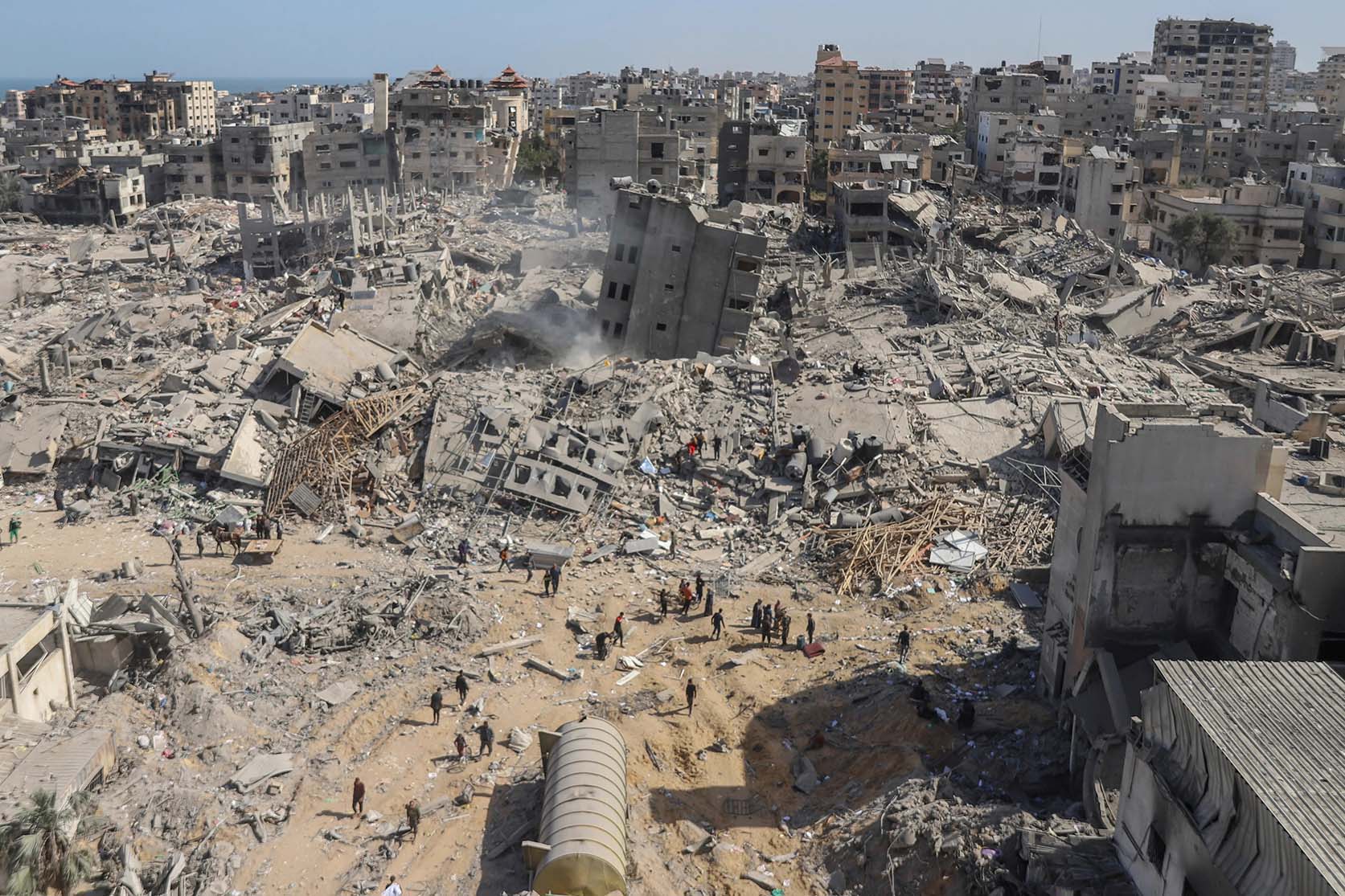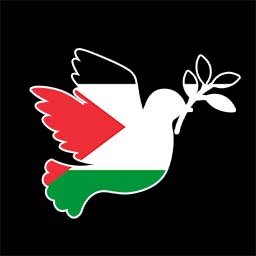The Gaza Strip continues to grapple with an intensifying humanitarian crisis, exacerbated by political turmoil, international sanctions, and systematic restrictions. This piece sheds light on the ongoing challenges faced by Gaza’s civilian population, examining the underlying factors, the roles of international actors, and the alarming realities on the ground.
The Root Causes of the Crisis
The deteriorating situation in Gaza stems primarily from two interlinked factors: the extensive Israeli-imposed restrictions and international sanctions following Hamas’s electoral victory in 2006. The blockade, now in effect for over a decade, restricts the flow of goods, services, and people into and out of Gaza, crippling its economy and severely limiting access to essential resources such as food, fuel, and medical supplies.
Meanwhile, the international community, particularly the Quartet (the UN, US, EU, and Russia), has imposed stringent sanctions, further compounding the hardships faced by the Gazan population. These measures, ostensibly aimed at pressuring Hamas, have disproportionately affected civilians, leading to what many human rights organizations term “collective punishment.”
The European Union’s Role and Responsibility
The European Union’s actions in this crisis have drawn widespread criticism. While the EU frequently calls for adherence to international human rights norms, its participation in the Quartet’s sanctions and its continued trading partnership with Israel under the EU-Israel Association Agreement have raised serious ethical questions. Article 2 of this agreement explicitly ties trade privileges to the respect for human rights—yet the EU has failed to enforce this provision despite consistent reports of abuses.
This inconsistency undermines the EU’s credibility as a champion of human rights and highlights its complicity in Gaza’s plight. Critics argue that a more principled stance, including the suspension of trade benefits until Israel complies with international law, could pressure meaningful change.
Devastating Impacts on Daily Life
The blockade’s impact on Gaza’s civilian infrastructure is severe and multifaceted:
- Food Insecurity: According to the World Food Programme, Gaza’s food import needs are only 41% met, leaving a significant portion of the population malnourished and reliant on aid.
- Fuel and Power Shortages: With imports of fuel and electricity drastically reduced, Gaza’s public services—including hospitals, water pumps, and transportation—are on the brink of collapse. Nearly 225,000 residents lack access to clean drinking water due to nonfunctional pumps.
- Healthcare Crisis: Medical facilities are running out of essential supplies, with 91 out of 416 critical drugs completely unavailable, per the World Health Organization. Restrictions on medical travel prevent thousands from seeking life-saving treatments abroad.
- Economic Paralysis: Trade restrictions have led to the suspension of $160 million worth of construction projects and jeopardized 120,000 jobs across various sectors. Agriculture, which supports 25% of Gaza’s population, faces losses of up to $50 million this season alone due to blocked exports.
The International Response
The international community’s response to Gaza’s plight has been tepid at best. While organizations such as the UN and Human Rights Watch have condemned the blockade and sanctions as violations of international law, concrete action has been limited. Calls for Israel to lift its restrictions and for the Quartet to reconsider its policies have largely gone unheeded.
Towards a Resolution
Resolving Gaza’s crisis requires a multifaceted approach:
- Lifting the Blockade: Immediate and unconditional lifting of the blockade is necessary to restore access to essential goods and services.
- Reevaluating Sanctions: The international community must reconsider its approach to sanctions, ensuring they target political actors rather than civilians.
- Accountability for Human Rights Violations: Mechanisms to hold violators accountable, including suspension of trade privileges and legal proceedings in international courts, must be pursued.
- Humanitarian Aid and Reconstruction: Increased humanitarian assistance and long-term investment in Gaza’s infrastructure are critical to rebuilding its economy and society.


